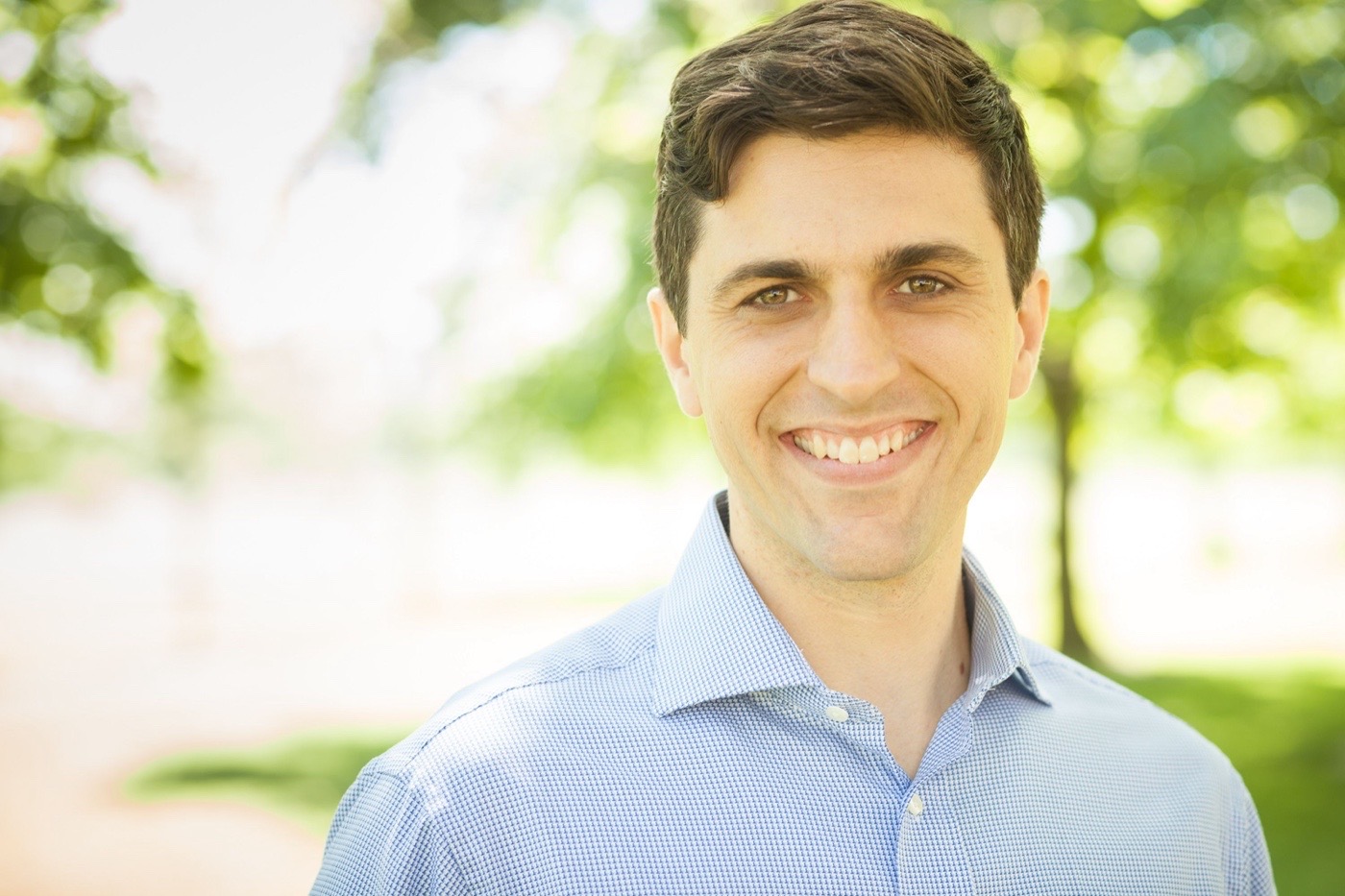By Laurel Smith
Hello College of Fine Arts! As I approach my 4th year in college, I’ve been wondering: how can I take my artistic passions and turn them into a career?
To answer this question, I was able to speak with Joseph Sowa, freelance composer and educator. I learned about Joseph’s career from my family. We are cousins, but due to family being spread out across the country, we haven’t had much opportunity to discuss the arts. I took this as a good opportunity to not only catch up, but to learn how Joseph was able to incorporate his musical passions in his career.
“The hardest part, I think, about an arts career is finding a good mentor."
Joseph Sowa graduated from Brandeis University in 2019 with a PhD in music composition and theory. His plan was to secure a university position teaching music composition. With the emerging COVID pandemic making academic employment opportunities scarce, Joseph had to figure out another way to secure income. This led to a huge change in his desired career path.
“So instead of teaching at a university, I put together my own composition course called The Wizarding School for Composers, that I've been running now for the past couple of years. So, it gives me the opportunity to teach composition, and in the way that I want to teach composition.”
The internet had opened many doors for his teaching aspirations, but it also led to another fundamental part of freelancing: commissions. Aside from the academic market, he was also interested in the commercial market for composers.
“The other market in composition is the commercial one consisting primarily of educational music and media music. So, music for bands, choirs, video games, TV, dance, that sort of stuff. Some of this is just talking to other composers and being aware of what opportunities are out there on that front,” he said.
Sowa has composed for a variety of projects, including his most recent work on a film score for a documentary. This was his first film score, and it was an exciting feat. I asked him how his education prepared him for these projects and what he wished college taught him, that he had to learn later on his own.
“Better business coaching would have been nice earlier on. But also a clear sense of what the musical possibilities are out there, rather than having professors who lean more on the aesthetically prescriptive kind of thing. Like: this is what music should do, or what it shouldn’t do,” he explained.
Like Sowa, I have also experienced really stiff constraints on what art should be, which led to difficulties finding my artistic voice. Being open to new ideas and art forms can really broaden what works we can produce. When it comes to producing art, or sometimes the lack of, Joseph said that at this point in his career he doesn’t really struggle with it. But sometimes we need to surrender to what inspiration is coming to us even if it's not exactly what we want.
Looking back on his college career, this was his advice that he would give to current college students:
“The hardest part, I think, about an arts career is finding a good mentor. And you know that you will find a good mentor if, well, first off you can feel it. And if you're feeling tense around the person, they’re probably not a good mentor for you…I forget exactly who said the quote but it was something along the lines of, ‘small people tend to put you down, but great people make you feel like you too, can be great.’ Those are the kinds of mentors that you're looking for.”
As a Fine Arts major, being able to find a good mentor can make or break your experience and growth. My goal for my education is to make each day fuel my passions, so I greet my career with excitement. Even if my career changes in unexpected ways, it can still lead to new opportunities.
ArtsForce Takeaways:
-
Sometimes a shift in your career plans can lead to amazing opportunities.
-
It is very helpful to understand the basics of running a business, and how to market yourself.
-
Finding a good mentor in college can make all the difference.

